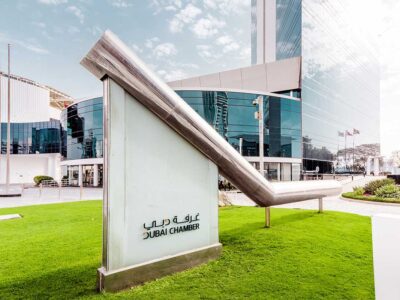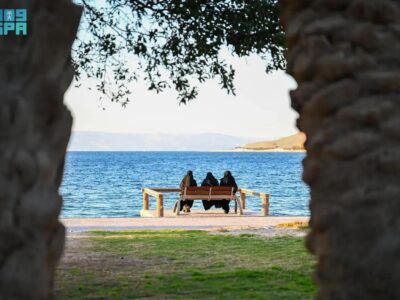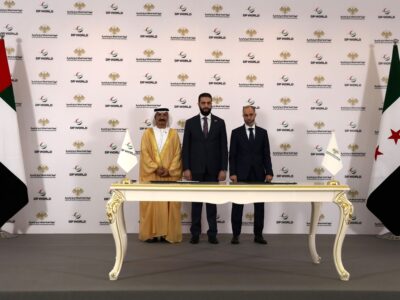Oman forecasts a fiscal deficit of 5.4 percent of GDP next year in its 2012 budget, a finance ministry official said on Wednesday, as the government plans to increase spending by 10 percent to create jobs, a key demand of protesters who took to the streets earlier this year.
The budget draft, approved by the consultative Shura Council on Wednesday, estimates 2012 expenditure at OR10bn and revenue at OR8.8bn.
That budget shortfall of OR1.2bn ($3.1bn) would amount to 5.4 percent of gross domestic product, according to Reuters calculations, rising from an expected deficit of 4 percent of GDP this year, according to an IMF forecast. The budget is based on an average oil price of $75 a barrel.
A Reuters poll in September, however, forecast a fiscal surplus of 4.0 percent in 2012 and 5.0 percent in 2011 due to robust oil prices.
Oman based its initial 2011 budget on a projected oil price of $58 per barrel and expected a deficit of 850 million rials.
“We set aside more expenditure for 2012 to create more jobs since we expect thousands of graduates to leave higher education next year, which will result in a higher deficit,” the official at the ministry’s budget office, who did not wish to be identified, told Reuters.
The small non-OPEC oil producer had originally set spending this year at OR8.1bn. But protesters demanding jobs and an end to graft, part of a wave of social unrest across the region this year, prompted Sultan Qaboos bin Said, a US ally who has ruled Oman for 40 years, to announce an extra $2.6bn spending package in April.
As a result, fiscal spending this year was expected to reach about OR9.1bn, Finance Minister Darwish al-Balushi said in October.
“The budget appears to appease former protesters who wanted job creation to be a top priority for the government. It is also a triumph for activists because for the first time the Shura Council has a say in the country’s financials,” said Mohamed Muneer, an analyst at Capital Investment Company.
The 2012 budget still needs to be approved by Sultan Qaboos.
The new budget’s average oil price forecast of $75 per barrel is well above $58 pencilled in for 2011, and is based on an expected daily oil production of 920,000 barrels, the official said.
“We will cover the deficit from our foreign reserves if the price of oil does not average $88 per barrel,” he said.
Oman sold its oil at an average price of $102 a barrel in January-August 2011, and averaged production of 883,000 barrels a day.
“The 920,000 barrels per day is a realistic target but achieving a decent price for it is the question. However, Oman has the luxury of having decent reserves to wipe out the deficit in the next couple of years if the targets are not achieved,” said Hassan Merza, chief economist at Musandam Financial Services.
Oman, whose debt to GDP is forecast by the IMF to be the lowest in the Gulf at 4.0 percent this year, plans to issue development bonds worth around OR150m before the end of 2011.
Balushi has forecast Oman’s economy will grow 5.5 percent this year and 5 percent in 2012.
The government saves 15 percent of annual revenues in the State General Reserve Fund but it does not reveal its assets. A government source, who did not wish to be named because of sensitivity on the issue, said the fund had at least $15bn in cash reserves apart from its asset investments.
“They (funds) have come from a series of budget surpluses throughout the past 10 years, they do have the resources to cover their deficit,” said Farouk Soussa, Middle East chief economist at Citi.
The finance ministry official also said the government was expected to create 80,000 new jobs next year. Sultan Qaboos has already announced plans for 50,000 new job opportunities among other measures earlier this year.
Oman’s wealthier Gulf Arab neighbours pledged $10bn in aid in March to help the sultanate improve living conditions and ease tensions. Balushi has said the first part of the package, which is spread over 10 years, should be released in the first quarter of 2012.







